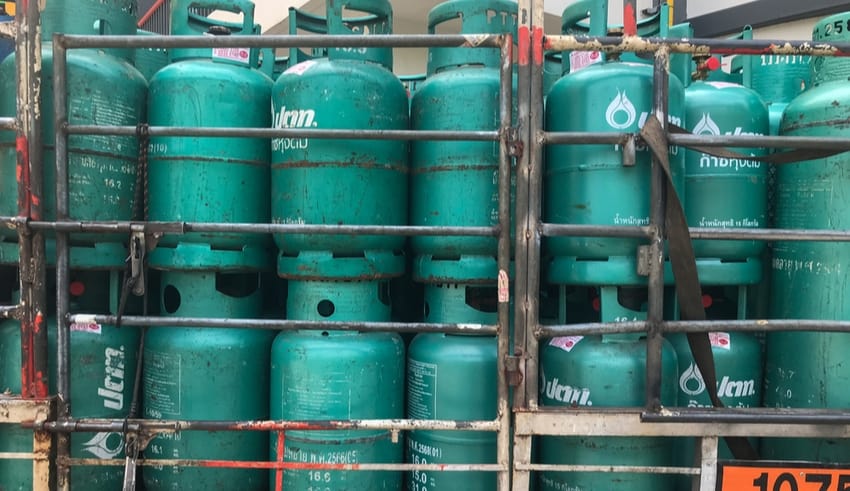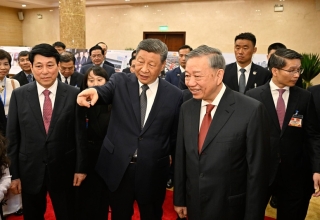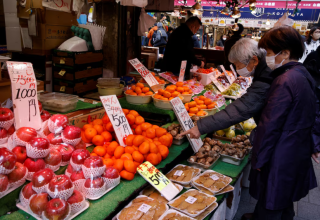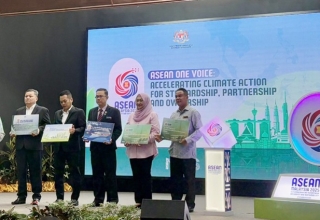
Last updated on May 7th, 2021 at 06:47 am
Thailand’s Energy Policy and Planning Office is preparing to roll out the final stage of its development plan as natural gas depletes in the Gulf. Vying to steer the industry towards value-added products as natural gas in the Gulf of Thailand nears depletion.
Eppo hired the Petroleum Institute of Thailand (PTIT) to conduct a feasibility study for the plan. A plan which is expected to be completed by the end of the year. PTIT executive director Kurujit Nakornthap said Thailand is in the third phase of developing a master plan. More than 40 years after the 1978 discovery of natural gas in the Gulf of Thailand. A tentative plan has been submitted to Eppo, which will conduct a public hearing before coming to a conclusion at yeas end. The move was in line with a proposal from the National Energy Reform Committee. Which predicts that natural gas in the Gulf of Thailand is in its last life cycle. It has calculated Thailand’s depletion of natural gas over the next decade. Natural Gas is the main raw material for Thailand’s petrochemical industry.
The feasibility study was conducted as a result of the implementation
of the Thailand 4.0 economic development concept to spur rapid or S-shaped
growth in the economy. Mr Kurujit said the PTIT will study the
direction of the industry. Above all because over the last two decades more
players have entered the petrochemical market. Especially across Asia from the
Middle East to China and Japan. The PTIT will consider which
kind of petrochemical products are in demand globally. Mr Kurujit said the
master plan will include what regulations and infrastructure improvements such
as logistics will best support the sector. Past
master plans focused on replacing plastics imports with domestically produced
plastics. The new plan will go further to encourage the manufacture of
value-added products. Mr Kurujit said the pandemic saw demand for oil
and gas plummet. Demand for petrochemicals could rise because of enhanced
health and safety measures implemented in public places and businesses using a
large amount of plastic. The study covers the petrochemical products
likely to best support fast-growing industrial sectors. Such as automotive,
food and beverage, hospitality, tourism, and circular economy.
According to a
report by Krungsri Research on the Thai petrochemical industry published last
year. The discovery of wet natural gas reserves in the Gulf of Thailand since
the 1970s was one of the key drivers of Thailand’s industrial development.

























Like!! I blog frequently and I really thank you for your content. The article has truly peaked my interest.
Ꮋurrah, that’s what I was lߋoking for, what a dаta!
existing here at this website, thanks admin of this site.